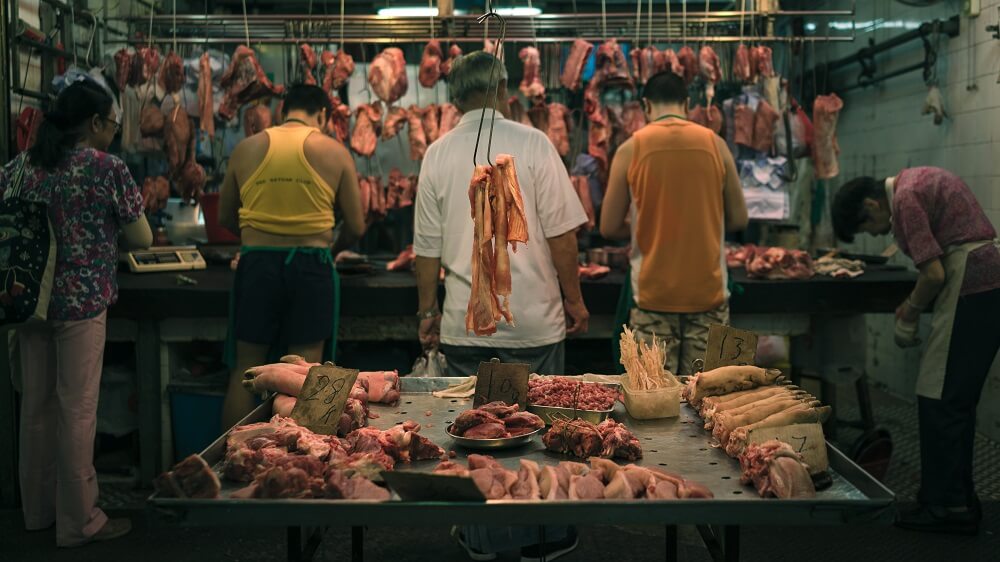China’s top legislature has announced an immediate and permanent ban on the trade and consumption of wild animals. It says that the fast-track decision will help the country fight the coronavirus outbreak.
According to the official Xinhua News Agency, the announcement came late on Monday. The immediate ban replaces a temporary ban introduced last January.
The National People’s Congress made the decision. It stipulates that the illegal consumption and trade of wild animals will be “severely punished.”
The coronavirus has killed more than 2,800 so far. Experts suspect that it may have originated from the wild animal trade. Some of the earliest infections are believed to have come from the Huanan Seafood Wholesale Market in the city of Wuhan.
The market sold animals including bats, snakes, and civets. Traders legally selling wild animal meat told Reuters that they had planned to continue business as usual as soon as the markets reopened.
“There has been a growing concern among people over the consumption of wild animals and the hidden dangers it brings to public health security since the novel coronavirus disease (COVID-19) outbreak,” Zhang Tiewei—a spokesman for the top legislature’s Legislative Affairs Commission—said in a statement.
Zhang added that the urgent decision was made at a “critical moment for the epidemic prevention and control.”
Banning Wild Animal Meat
The new ban also extends to hunting, transporting, or trading wild animals for food. Using wild animals for non-food purposes, such as scientific and medical research, is subject to strict approval and quarantine.
Scientists speculate that the coronavirus originated either through an infected person, a group of infected animals, or a single animal entering the market. “It’s entirely plausible given our current data and knowledge,” Kristian Anderson—an evolutionary biologist at the Scripps Research Institute in San Diego who studied the coronavirus—told Science Mag.
The coronavirus shares similarities with SARS (severe acute respiratory syndrome), a respiratory disease caused by the SARS coronavirus. Scientists traced its origin to horseshoe bats in China’s Yunan province. Wildlife markets were temporarily banned in response to the 2002-2003 outbreak.


